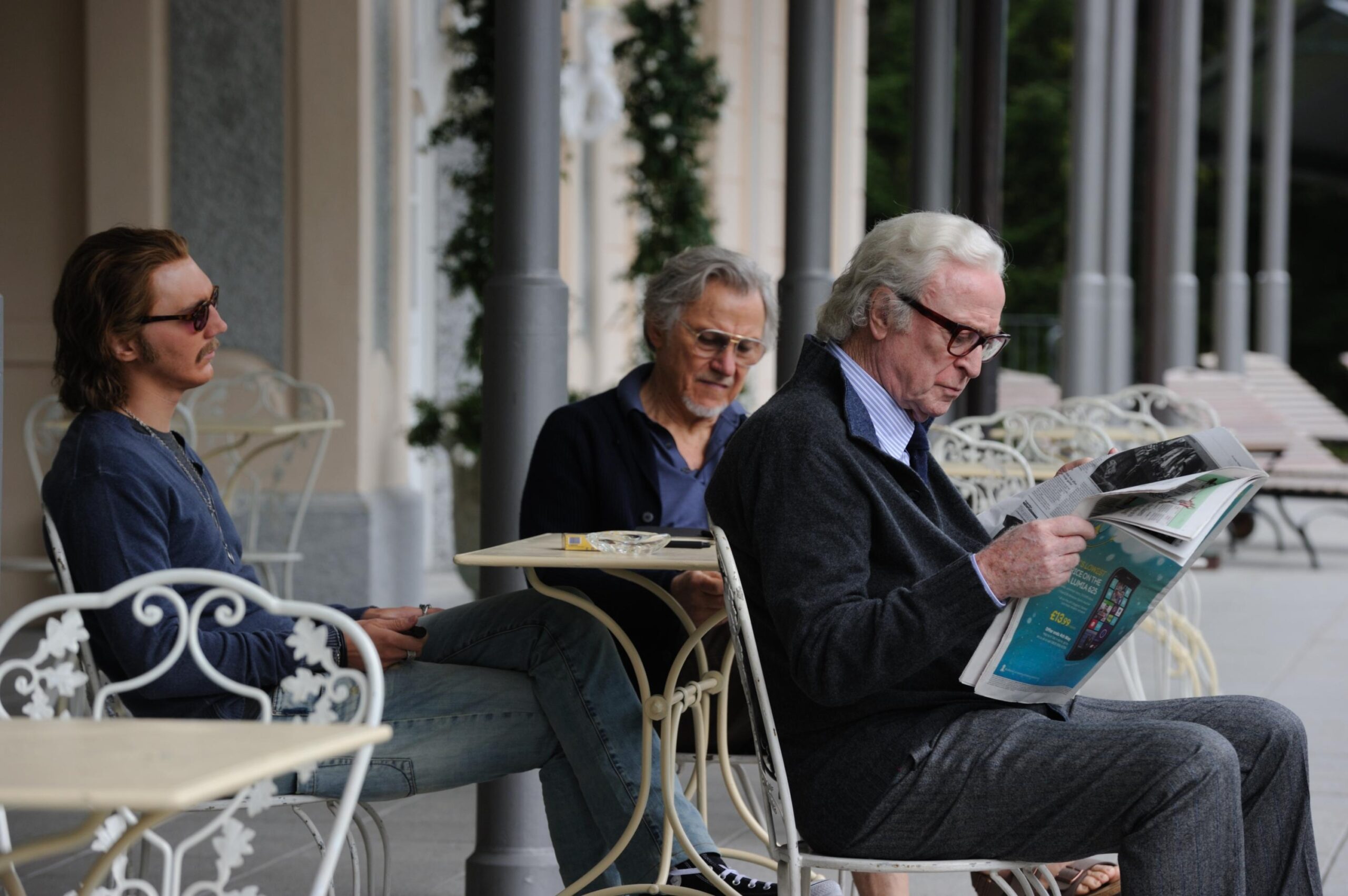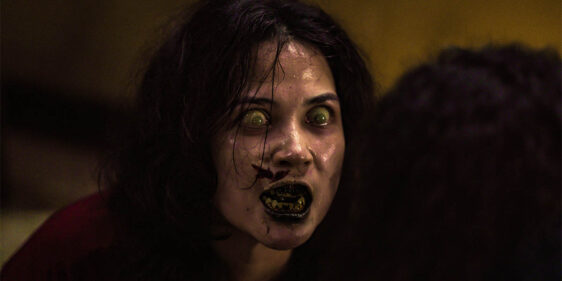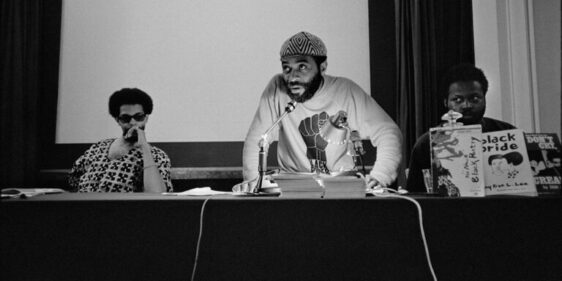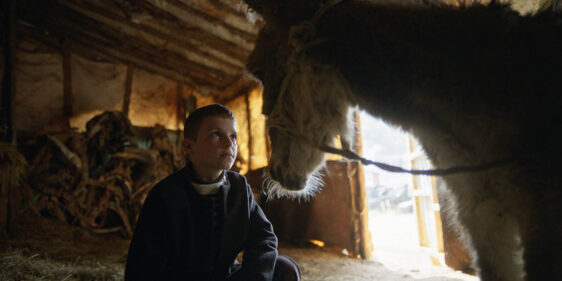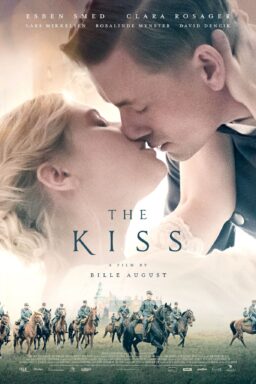When the Cannes audience hates a movie, you know it hated it: boos are
loud and clear, and a wave of derision all but sweeps a picture off the screen.
Same goes for Cannes love, which usually explodes in joyful thunders and may be
a good indicator of a movie becoming an art house hit (I’m looking at you,
“Mountains May Depart”).
However, there are films here that provoke a perfect mixture of both
elements, with cheers and boos entangled so closely as to confuse a casual observer
and seasoned festival goer alike. It was precisely a mixed reaction like that
that capped today’s morning screening of Paolo Sorrentino’s “Youth”, the first
film the Italian director finished after his much-praised, Oscar-winning “The
Great Beauty”. As fond as I am of the film, I think it may meet a similarly
contradictory response once it gets released: it’s an uneven work, which
requires attuning oneself to its quirky rhythms and not minding an occasional
misstep.
“Youth” has been very much anticipated in Cannes, since its unfortunate
poster has become the butt of many a joke among members of the press (the image
suggests a coarse dirty-old-man comedy, starring Michael Caine and Harvey
Keitel as two old wolves lusting over crudely objectified female flesh). In a
way, the film is not that far from what the poster implies it to be, but
Sorrentino gives the material a personal spin all his own, and, at the end of
the day, “Youth” operates on so many levels of sophisticated irony, it may
require repeated viewings to fully appreciate it.
Caine and Keitel play acclaimed artists in their respective fields—the
former is a composer, the latter a film director—on retreat in a palatial
Swiss spa that suggests Wes Andreson’s “The Grand Budapest Hotel” as much as
the setting for Thomas Mann’s “The Magic Mountain.”

The two men enjoy many a scenic
stroll as they ruminate on the nature of art, sex and aging, even as each remains
involved in ongoing dramas all their own, both creative and personal.
While Caine is bullied into considering a return to conducting a piece
he wrote and would rather not touch again, Keitel is struggling to finish a new
script, all the
while hoping to get one of his former leading ladies (played, in a regal turn,
by Jane Fonda) to play the role conceived for her. As if that wasn’t enough,
Caine’s daughter (Rachel Weisz) gets dumped by her husband (Keitel’s son) for a
younger woman, whose clear advantage over her is described by the philandering
husband rather bluntly as “being good in bed”.
Just like in “The Great Beauty,” Sorrentino’s main concern here is with
Western culture’s latent self-absorption: no matter how luscious the Alpine
setting, the film is steeped in a sense of running on empty and hitting a dead
end that even the most audacious jokes cannot shake off. Commercialization of
art seems omnipresent and deflation of cultural signifiers is mourned, most
memorably in a vicious parody of a music video, inserted mid-movie as Weisz’s
character’s nightmare. At the same time, Sorrentino goes a long way to prove
that his two protagonists’ creative juices are still flowing in their veins:
Keitel experiences a vision of all his female characters greeting him on a vast
green field (a shot more than a little indebted in Fellini), whereas Caine conducts
imaginary cowbell symphonies by raising his hand over a pasture filled with
grazing cattle.
In a way, the film feels like a continuation of a current trend of
movies featuring sixty- and seventy-something stars reasserting their creative
potential and high spirits (films as different as “Quartet,” “The Expendables” franchise
and “The Best Exotic Marigold Hotel” are part of the same wave). However,
Sorrentino’s bold imagination results in images of such lyrical power, and his
humane sympathy towards his characters is so enveloping, the film radiates a
kind of serenity in the face of death that most of the inspirational fare
simply doesn’t have.
“Youth” is at once intimate and overblown, filled with ideas bad enough
to make your teeth hurt and great enough to make you spring up from your chair
and applaud. Rachel Weisz gets to deliver an angry neglected-child-of-an-artist
monologue that seems (lazily) cribbed from Ingmar Bergman’s “Autumn Sonata,” and is rather embarrassing in itself, but the actress’ craft and the director’s
conviction really make it work. The same thing happens over and over in the
film: many scenes that at first seem like they’re recycled suddenly are capped
by an unexpected touch that transforms them into something else: Paul Dano’s
character chides his female fan (a Miss Universe, no less) for only liking the
dumb Hollywood fare he acts in, but in the end the tables are turned and the
scene proves to be about his insecurity and presumptuousness, not the woman’s
alleged superficiality.
All of Sorrentino’s formal flamboyance notwithstanding, the film is in
fact a gentle lullaby for a secular world fearing mortality and seeking
redemption in art. “Youth” clearly operates in a post-religious setting, and
yet it focuses on characters trying to capture beauty that would prove
immortal. The film’s irony is that the means suitable for that very mission are
all fleeting and transient, as are our lives, and as is the titular quality,
seen by Sorrentino as the greatest miracle of all.

